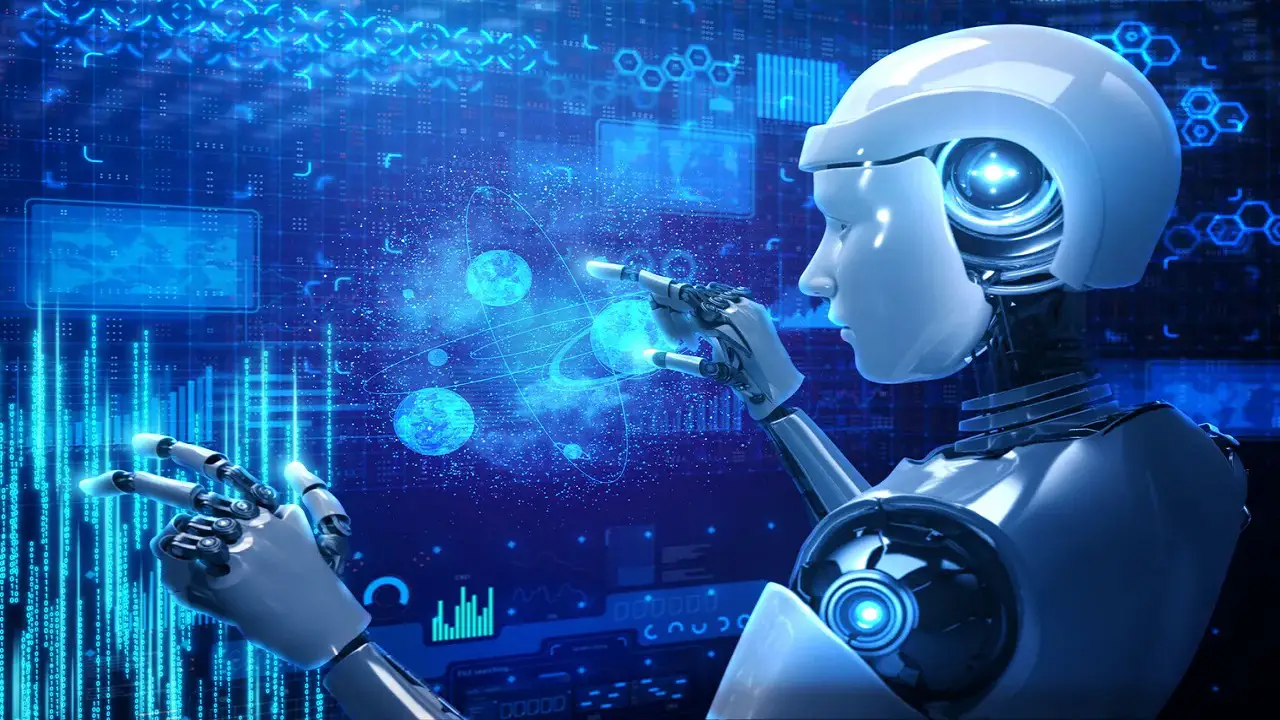The recent report from the McKinsey Global Institute has made an important projection regarding the economic contribution of generative artificial intelligence. According to their findings, this advanced technology is expected to add $4.4 trillion to the global economy annually. This optimistic forecast sheds light on the significant economic influence that generative AI, which is progressing rapidly, can have.
Chatbots like ChatGPT and Google Bard, which can generate text in response to prompts, are examples of generative AI. They have the potential to greatly improve productivity by automating 60-70% of human jobs.
The 68-page analysis estimates that 50% of all work will be automated between 2030 and 2060. McKinsey previously predicted that artificial intelligence will automate 50% of all work between 2035 and 2075. On the other hand, the introduction of powerful tools of generative AI, has accelerated the timescale for this change.
According to the report, generative AI has the potential to reshape the dynamics of work by upskilling individual workers through task automation. This means that AI can automate certain tasks, allowing workers to focus on more complex and creative aspects of their jobs.
This development has attracted significant attention and debate, and tech companies have poured billions of dollars into this technology. As a result, there is excitement and debate around the implications of generative AI for jobs and the broader global economy.
While some experts predict that artificial intelligence will displace humans, others argue that these tools can boost individual productivity. Recent research from Goldman Sachs and Stanford and MIT demonstrates how generative AI can increase the efficiency of call center operators.
Most economic studies on generative AI focus predominantly on the potential benefits of the technology, without considering other risks, such as the spread of misinformation and loss of human control.
Lareina Yee, a McKinsey partner and co-author of the report, suggests that when summarizing and editing content, generative AI can give highly experienced workers “superpowers.”
The report also acknowledges the challenges that industry leaders and regulators need to address, specifically regarding concerns about misleading and inaccurate content generated by AI tools.
Subscribe to our latest newsletter
To read our exclusive content, sign up now. $5/month, $50/year
Categories: Technology
Source: vtt.edu.vn
